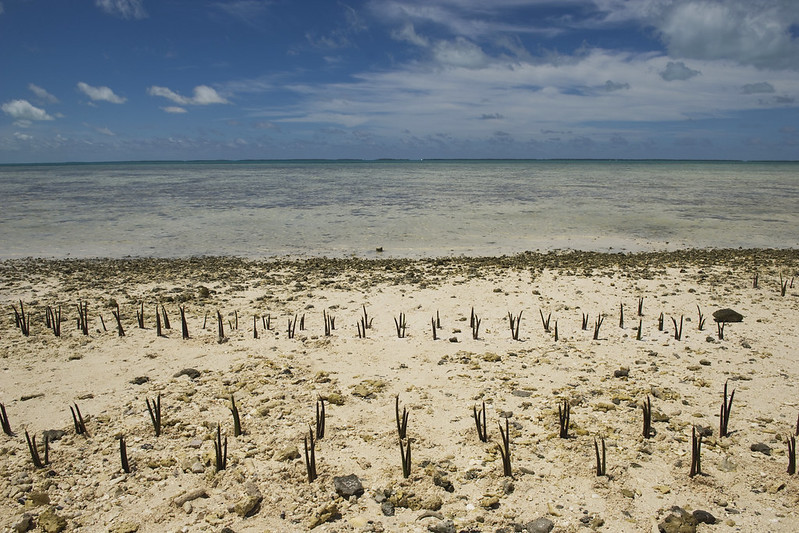This decision will place the US, a major greenhouse gas emitter, outside the 2015 agreement, affecting the implementation of global climate commitments.
As climate change becomes increasingly severe with ever more devastating natural disasters and the world continuously setting new temperature records, the fight against climate change faces numerous difficulties and requires stronger unified global action and solidarity.
The White House announcement reflects President Trump’s scepticism about global warming, which he has previously called a “hoax”. This aligns with his broader agenda to liberate American oil and gas companies from regulations so they can maximise production, as the US has become the world’s leading oil and natural gas producer through years of advanced technology extraction.
President Trump also plans to abolish emission standards set by the previous administration that required car manufacturers to sell more electric and hybrid vehicles, remove restrictions on fossil fuel production and the freeze on new liquefied natural gas export permits, and significantly expand drilling on federal lands and waters to help achieve complete energy independence.
America’s latest move is expected to impact the implementation of international commitments in the climate agreement.
The Paris climate agreement, adopted in December 2015, became a crucial breakthrough in international efforts to curb global warming.
However, global efforts to achieve climate targets are becoming increasingly difficult and distant.
The World Meteorological Organisation has confirmed that 2024 was the hottest year on record, marking a concerning milestone in global climate change. Land and ocean surface temperatures in 2024 rose to record levels, accompanied by numerous extreme weather events severely impacting the lives, livelihoods and hopes of millions worldwide.
Extreme weather events such as storms, floods and droughts occur more frequently and severely, causing heavy economic losses and claiming millions of lives, particularly in developing countries.
A report by the humanitarian organisation Christian Aid reveals that damages from major climate disasters globally exceeded 230 billion USD in 2024. Amidst serious wildfires in Los Angeles, California, US officials and media warn that climate change is increasing the frequency and severity of wildfires, calling for stronger federal action against climate change.
2024 is predicted to set temperature records, creating significant pressure for governments to take more decisive action in reducing greenhouse gas emissions.
Despite President Donald Trump’s climate policy changes, many American officials and citizens declare they will continue fighting climate change, contributing to global commitments in this arduous battle.
















